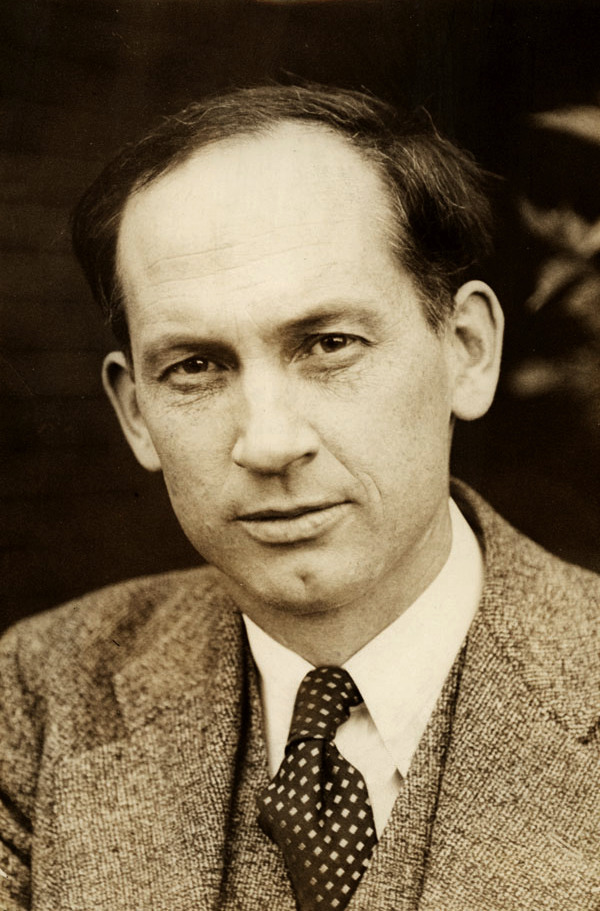2007 edition, p. 29.
Empire and Communications (1950)
Contexte: The significance of a basic medium to its civilization is difficult to appraise since the means of appraisal are influenced by the media, and indeed the fact of appraisal appears to be peculiar to certain types of media. A change in the type of medium implies a change in the type of appraisal and hence makes it difficult for one civilization to understand another.
Harold Innis: Citations en anglais
“The present Dominion emerged not in spite of geography but because of it.”
Conclusion, p. 393.
The Fur Trade in Canada (1930)
Contexte: Canada emerged as a political entity with boundaries largely determined by the fur trade. These boundaries included a vast north temperate land area extending from the Atlantic to the Pacific and dominated by the Canadian Shield. The present Dominion emerged not in spite of geography but because of it.
Industrialism and Cultural Values p. 140.
The Bias of Communication (1951)
“The Middle Ages burned its heretics and the modern age threatens them with atom bombs.”
Industrialism and Cultural Values p. 139.
The Bias of Communication (1951)
Source: Essays in Canadian Economic History (1956), p. 383 (originally from an essay entitled The Church in Canada first published in 1947).
2007 edition, p. 31.
Empire and Communications (1950)
Contexte: Graham Wallas has reminded us that writing as compared with speaking involves an impression at the second remove and reading an impression at the third remove. The voice of a second-rate person is more impressive than the published opinion of superior ability.
Minerva's Owl (1947), an address to the Royal Society of Canada, published in The Bias of Communication (1951) p. 10.
The Bias of Communication (1951)
Industrialism and Cultural Values p. 138.
The Bias of Communication (1951)
Conclusion, p. 401.
The Fur Trade in Canada (1930)
Minerva's Owl p. 29.
The Bias of Communication (1951)
Minerva's Owl p. 11.
The Bias of Communication (1951)
Conclusion, p. 401.
The Fur Trade in Canada (1930)
Conclusion (1930) of The Fur Trade in Canada, (1970 edition), p. 392.
The Fur Trade in Canada (1930)
2007 edition, pp.26-27.
Empire and Communications (1950)
A Plea for Time (1950), a paper presented at the University of New Brunswick, published in The Bias of Communication (1951) p. 64.
The Bias of Communication (1951)
The Beaver (1930) Part I of The Fur Trade in Canada, (1970 edition), p. 3.
The Fur Trade in Canada (1930)
Conclusion, p. 401.
The Fur Trade in Canada (1930)
Industrialism and Cultural Values (1950), a paper presented at meetings of the American Economic Association in Chicago, published in The Bias of Communication (1951) p. 138.
The Bias of Communication (1951)
From the 2007 Voyageur Classics edition, pp. 19-20.
Empire and Communications (1950)
Changing Concepts of Time (1952) p. 15.
Changing Concepts of Time (1952)
